The Supreme Court has upheld that an artificial intelligence program cannot be named as the ‘inventor’ on a patent application. Today’s judgment in Thaler v Comptroller-General of patents, designs and trade marks follows an attempt by computer scientist Dr Stephen Thaler to establish that AI systems can make inventions.
The hearing officer for the comptroller-general of patents had disallowed two applications, for a food container and a light beacon, because the machine that made the inventions did not qualify as an inventor within the meaning of the Patents Act 1977. Thaler unsuccessfully appealed to the High Court. The Court of Appeal agreed, by a majority, with the hearing officer.
In today’s judgment, Lord Kitchin, with whom Lord Hodge, Lord Hamblen, Lord Leggatt, and Lord Richards agreed, said the appeal was ‘not concerned with the broader question whether technical advances generated by machines acting autonomously and powered by AI should be patentable’ or whether the meaning of the word 'inventor' ought to be expanded.
He added: ‘These questions raise policy issues about the purpose of a patent system, the need to incentivise technical innovation and the provision of an appropriate monopoly in return for the making available to the public of new and non-obvious technical advances, and an explanation of how to put them into practice across the range of the monopoly sought.
‘It may be thought that the rapid advances in AI technology in recent times render these questions even more important than they were when these applications were made.’
The judgment noted that Thaler does not claim to be ‘and indeed is not’ the inventor of any inventions described or disclosed in the applications. It added it ‘remains his belief and case that the inventions were made by DABUS, a machine powered by AI; and that DABUS ought therefore to be named and recognised as inventor’.
‘In all these circumstances the comptroller was right to decide that DABUS is not and was not an inventor of any new product or process described in the patent applications. It is not a person, let alone a natural person and it did not devise any relevant invention. Accordingly, it is not and never was an “inventor” for the purposes of section 7 or 13 of the 1977 act.’
The Supreme Court found Thaler’s argument that he was entitled to file applications for and obtain patents for the inventions on the basis of his ownership of DABUS to be without merit.
Dismissing the appeal, the judge said: ‘On the factual assumptions upon which this appeal is proceeding, Dr Thaler has never had any right to secure the grant to himself of patents under the 1977 act in respect of anything described in the applications.’
Commenting on the judgment, IP specialist Rajvinder Jagdev, of litigation firm Powell Gilbert, said: ‘The judgment does not preclude a person using an AI to devise an invention – in such a scenario, it would be possible to apply for a patent provided that person is identified as the inventor. The judgment alludes that, had this been the scenario it had been asked to consider, the outcome may have been different.
‘It is now for parliament to decide whether or not to permit AIs to be inventors – whether it will or not remains to be seen.’
Nick White, partner at City firm Charles Russell Speechlys, said: ‘As AI systems continue to advance in sophistication and capability, there is no denying their ability to generate new and non-obvious products and processes with minimal, or perhaps even without any, ongoing human input. Nevertheless, the legal framework remains firmly rooted in historical context, and it does not recognise AI systems as inventors under patent law, or as capable of owning IP. Change may be on the horizon but it will most likely come from the policy makers, rather than the judges.’
Giles Parsons, partner at City firm Browne Jacobson, agreed that the judgment was not surprising. He added: ‘It’s fundamentally a decision about procedure; when the Patents Act 1977 was drafted, the drafting was not intended to encompass inventions made solely by AI. This decision will not, at the moment, have a significant effect on the patent system. That’s because, for the time being, AI is a tool not an agent. When AI does become an agent, rather than a tool, there will be a host of legal, moral and metaphysical issues to consider; whether an AI can be named as inventor of a patent may be one on a very long list.’
Robert Jehan, Professor Ryan Abbott and Jacob Turner, instructed by Williams Powell, appeared for Thaler; Stuart Baran, instructed by the Government Legal Department appeared for the comptroller-general of patents, designs and trade marks
This article is now closed for comment.


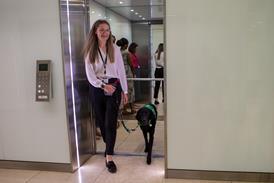
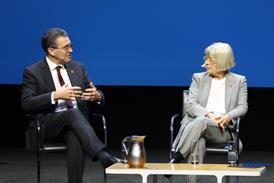

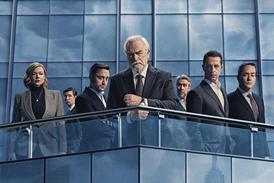

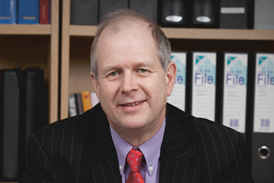
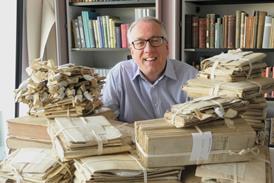
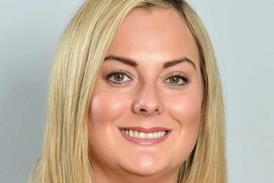
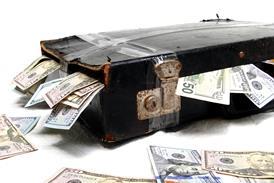
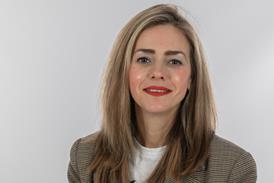


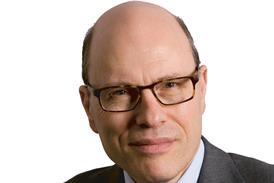

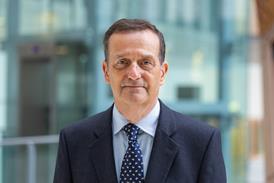

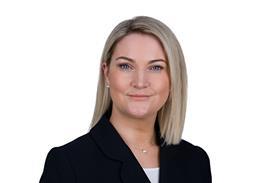
![Eleanor Clarke - 029[8]](https://d1d8vslyhr7rdg.cloudfront.net/Pictures/274x183/1/5/1/120151_eleanorclarke0298_527574_crop.jpg)





5 Readers' comments